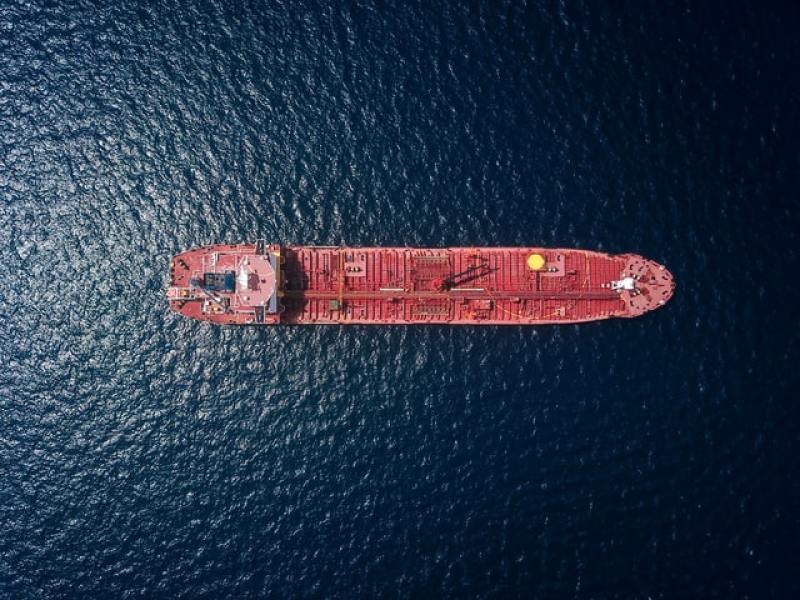
Simularity, a U.S.-based geospatial imaging-analysis firm announced on Thursday that it is standing by its recent report on how Chinese vessels are dumping raw sewage in disputed islands in the South China Sea, better known as the Philippines' Spratly Islands. The report detailed how China's illegal operations are causing environmental destruction on the marine life in the area, in which Philippine fishermen would harvest fish.
"Swarms of Chinese vessels have dumped human waste and wastewater for years in a disputed area of the South China Sea, causing algae blooms that have damaged coral reefs and threatened fish in an unfolding catastrophe," Lizz Derr, CEO and co-founder of Simularity, said on Monday, as reported by Breitbart.
The software company that builds artificial intelligence technologies for satellite imagery analysis is based in the U.S. and recently showed images of the Spratly Reef with "at least 236 [Chinese] ships...in the atoll...on June 17 alone."
Derr explained that when ships stay in one place for extended periods of time as they did in the disputed Philippine islands, the waste "piles up." The result is that monster algae blooms caused by sewage become "so intense you can see [them] from space."
The Simularity CEO declared, "This is a catastrophe of epic proportions and we are close to the point of no return."
Simularity's report can be downloaded here.
Derr argued that because of China's irresponsible dumping of raw sewage, schools of fish are forced to breed in "damaged" reefs. This catastrophic and unregulated dumping of waste into ocean water can also "cause fish stocks to considerably decline in an offshore area that is a key regional food source." China continues to claim islands that are not theirs by sending off military ships to provide their presence in disputed areas.
China, however, remains undeterred. According to Radio Free Asia, Chinese foreign ministry spokesman Zhao Lijian did not name names, but said during a Thursday media briefing that this is "one of the best jokes recently." He reiterated that China "strongly condemns" the U.S. firm that "distort[s] facts, violates professional ethics, and maliciously start[s] rumors to denigrate China."
Derr, however, stood by their report and explained how they only used images from the European Space Agency, which are "freely available," which meant that it can "enable anyone" to produce the same results and come to the same conclusion: that China was indeed dumping raw sewage in waters that is not in their territory.
China has long been sending ships to surveil these contested waters. In March, Philippine officials found that around 220 ships, including military capable vessels, had anchored on Philippine waters. China insists that the territory is theirs and claims that the Philippines' complaints are an "unnecessary irritation."
By June 17, Simularity, identified at least 236 ships which were dumping an estimate of 1,177 kg of sewage waste into the water, which is illegal in international and Chinese laws. Derr points out that under Chinese regulations, their ships can only dump sewage if they are cruising at the speed of at least four knots.
But China's ships remain anchored in disputed waters and Derr argues that "The fact that they're not moving makes this a concern." This is because "When the ships don't move, the poop piles up," Derr added, as per local news source ABS-CBN.
China's dumping of raw sewage in the areas creates a "dead zone." The action produces massive amounts of Chlorophyll-A, which leads to an excess of phytoplankton which, if not consumed by fish and other inhabitants in the waters, will sink to the seafloor to be consumed by bacteria. The bacteria consuming the phytoplankton will also consume the oxygen that fish in the area need in order to live, causing their death.
Chlorophyll-A also hastens the growth of fleshy algae in the waters. This algae can overtake corals, effectively killing the reefs that serve as habitat and breeding ground for fish and marine life. This will, if not stopped, will cause massive damage and cut off a vital supply of food for millions who rely on the area for sustenance.
"Damaging these reefs directly affects the fish stocks of the entire South China Sea and can lead to a hunger crisis in coastal regions and a collapse of commercial fishing in the South China Sea," the intelligence firm said.
"This is a catastrophe of epic proportions and we are close to the point of no return."




























